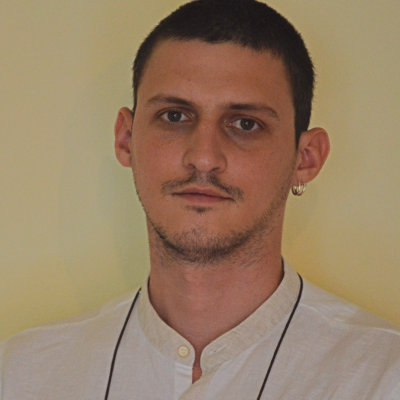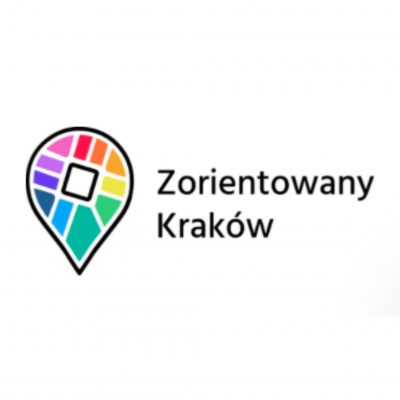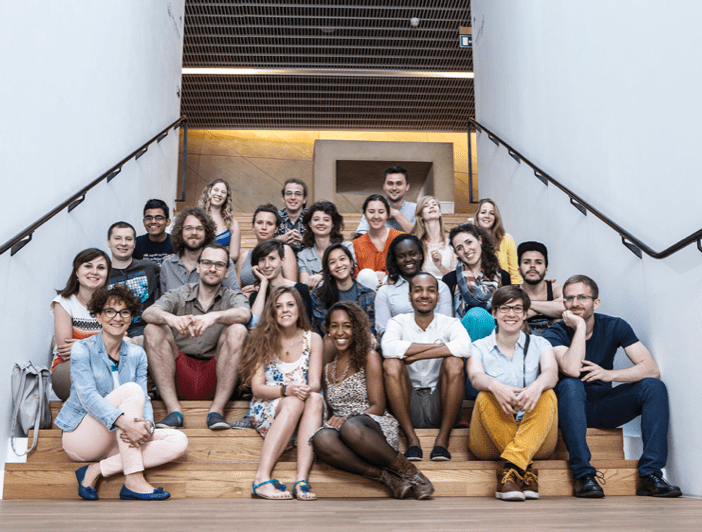Participants:
- Explored theories and histories of public and private property rights as well as cultural rights (rites) in the United States and European countries. The focus was on post-industrial cities and particularly Detroit;
- Understood how individuals and groups employ maps and data to oppress as well as to resist and protest inequities;
- Learned the basics and various of techniques of mapping, data visualization, and multimedia storytelling;
- Created their own maps and data visualizations to reveal hidden stories, overturned harmful dominant narratives, and provoked change at a neighborhood, city, state, or country level.
Examples of fieldwork included:
- Walking through your neighborhood and accounting for different characteristics; collecting photos and data
- Scouring the internet for data, local sites and their significance, etc.;
- Using Google Maps;
- Layering and integrating different maps or sets of data to draw new conclusions;
- Finding an under-mapped community or space and trying to fill in the gaps;
- Creating a spatial audit – is a certain place or community accessible, or are there barriers for certain groups?
 Given the trans-Atlantic and US time differences, the lectures and workshops for all Fellows took place in the morning US time and afternoon European time. The field work took place in the morning European time and in the afternoon US time.
Given the trans-Atlantic and US time differences, the lectures and workshops for all Fellows took place in the morning US time and afternoon European time. The field work took place in the morning European time and in the afternoon US time.
Applying:
Applications are now closed. In 2023, the Mapping Inequities Fellowship will be titled the Mapping Democracy Fellowship. To be notified when the application for the Humanity in Action 2023 Fellowship programs is available, sign up here. With any questions, do not hesitate to email admissions@humanityinaction.org.


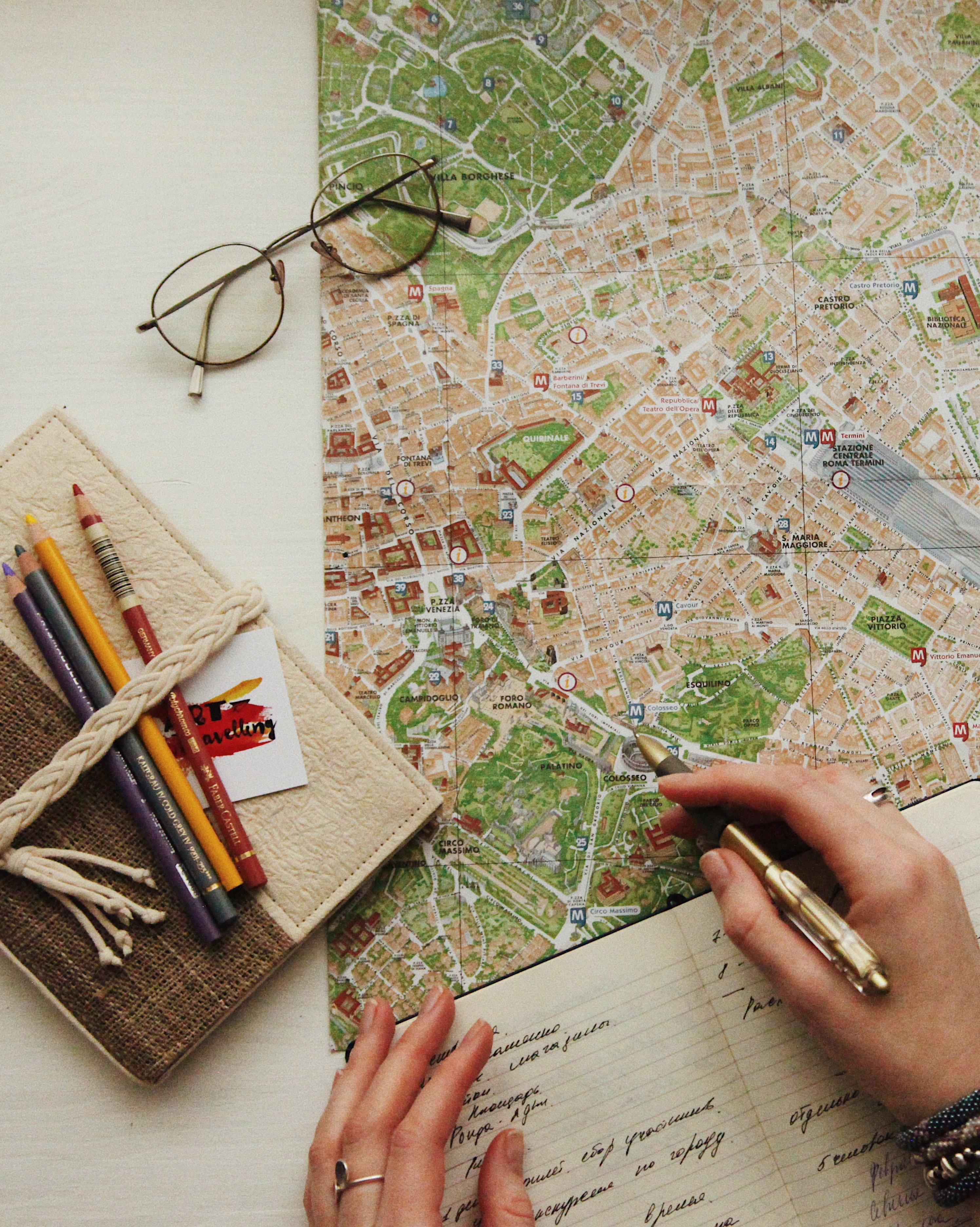
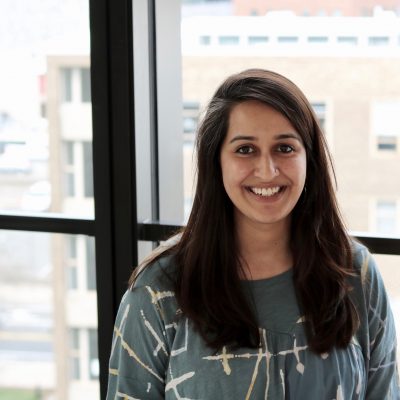
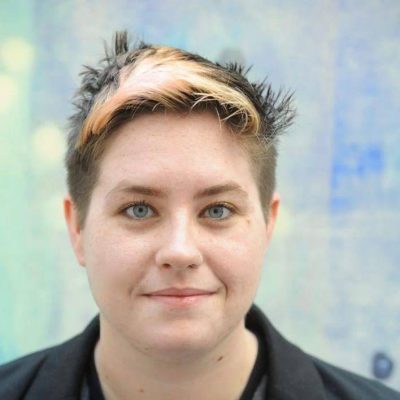
 The Fellowship is inspired by a multitude of mapping projects from both the US and Europe, including:
The Fellowship is inspired by a multitude of mapping projects from both the US and Europe, including: